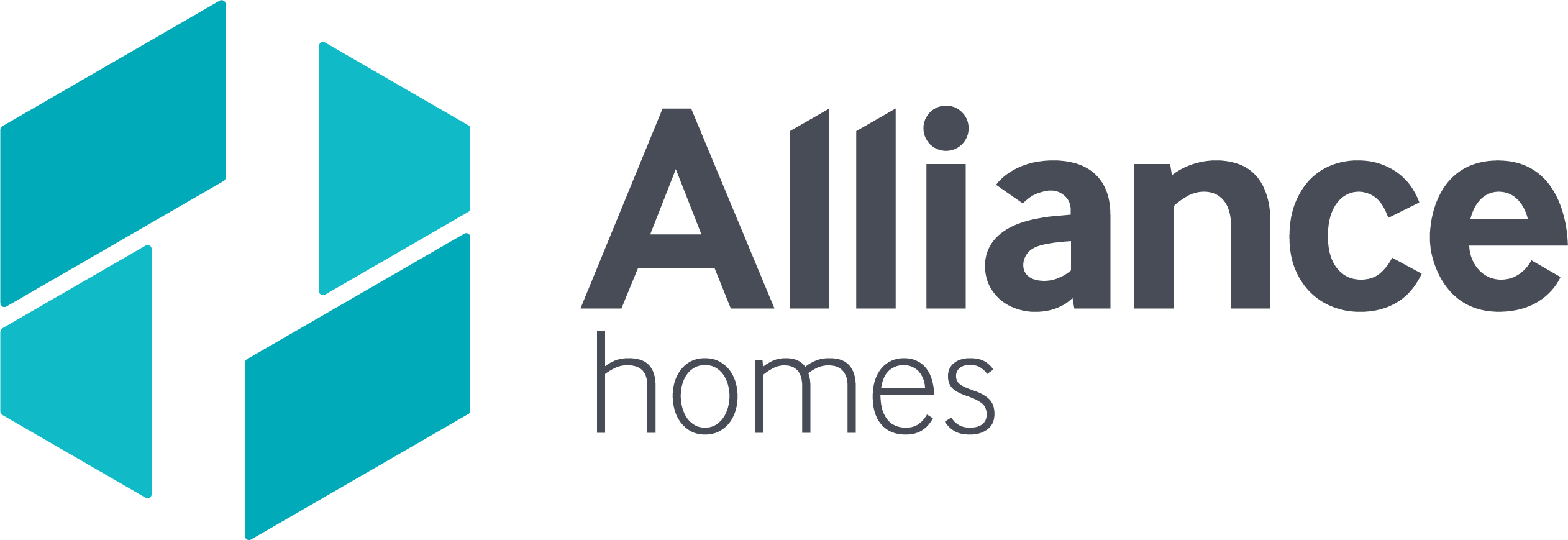If you feel your debts have become too much to cope with, you should always seek advice.
There are insolvency options that may help clear your current debts and give you a fresh start.
However, insolvency isn’t suitable for everyone and comes with certain conditions, so it’s important to get professional advice before deciding if it’s the right option for you.
Some debts cannot be written off through insolvency and will still need to be paid. Examples of this are:
- magistrates court fines
- any payments a court has ordered you to make under a confiscation order, for example, for drug trafficking
- maintenance payments and child support payments, including any lump sum orders and costs that have arisen from family proceedings, although you may be able to ask the court to order that you don't have to pay this debt
- student loans
- secured loans and other secured debts, such as debts secured with a charging order
- debts you owe because of the personal injury or death of another person, although you may be able to ask the court to order that you don't have to pay this debt
- social fund loans
- some benefits and tax credits overpayments
- Loans or overpayments created as a result of fraud.
Types of insolvency
There are three types of Insolvency Debt Relief Order (DRO), Bankruptcy and Individual Voluntary Arrangement (IVA).
Debt Relief Order (DRO)
This is intended to give debt relief to people in England and Wales who owe relatively little money, have little or no disposable income and no assets to repay what they owe, and cannot afford to make themselves bankrupt. To be eligible you must meet the following criteria:
- You are unable to pay your debts.
- You owe up to a maximum of £50,000
- Your total gross assets must not exceed £2,000, and a vehicle worth less than £4,000
- Your disposable income must not exceed £75 a month.
- You must not have been subject to a previous DRO within the last six years.
You must go use an accredited intermediary, if you can't do it yourself.
Bankruptcy
If you do not qualify for a DRO, you can consider bankruptcy. If you're made bankrupt:
- you don't have to deal with the people you owe money to yourself
- the things you own may be sold and used towards paying your debts, such as your house or car
- Will likely close your bank account.
Your name and bankruptcy details will be published on the national register of bankruptcies, called the Individual Insolvency Register.
The fee for application is £680.
Individual Voluntary Agreement (IVA)
An IVA is an agreement that is made with your creditors to pay off your debts over a set period, typically five years. It is a formal, legal debt solution. The insolvency practitioner will charge a fee for the IVA. Average fees are around £5,000.
An IVA can be flexible to suit your needs but it can be expensive and there are risks to consider. For example:
- your savings and personal pension payments will usually be used to pay your creditors
- if you own a home, you may have to re-mortgage it
- it may affect your job, for example if you're an accountant or a solicitor
- if your circumstances change, you could struggle to keep up your IVA payments. If your creditors won't accept less, the IVA will fail and you could be made bankrupt.
To get an IVA, you should have some spare income each month to pay your creditors, usually at least £100. Your creditors are unlikely to accept an IVA if your payments are less than that.
